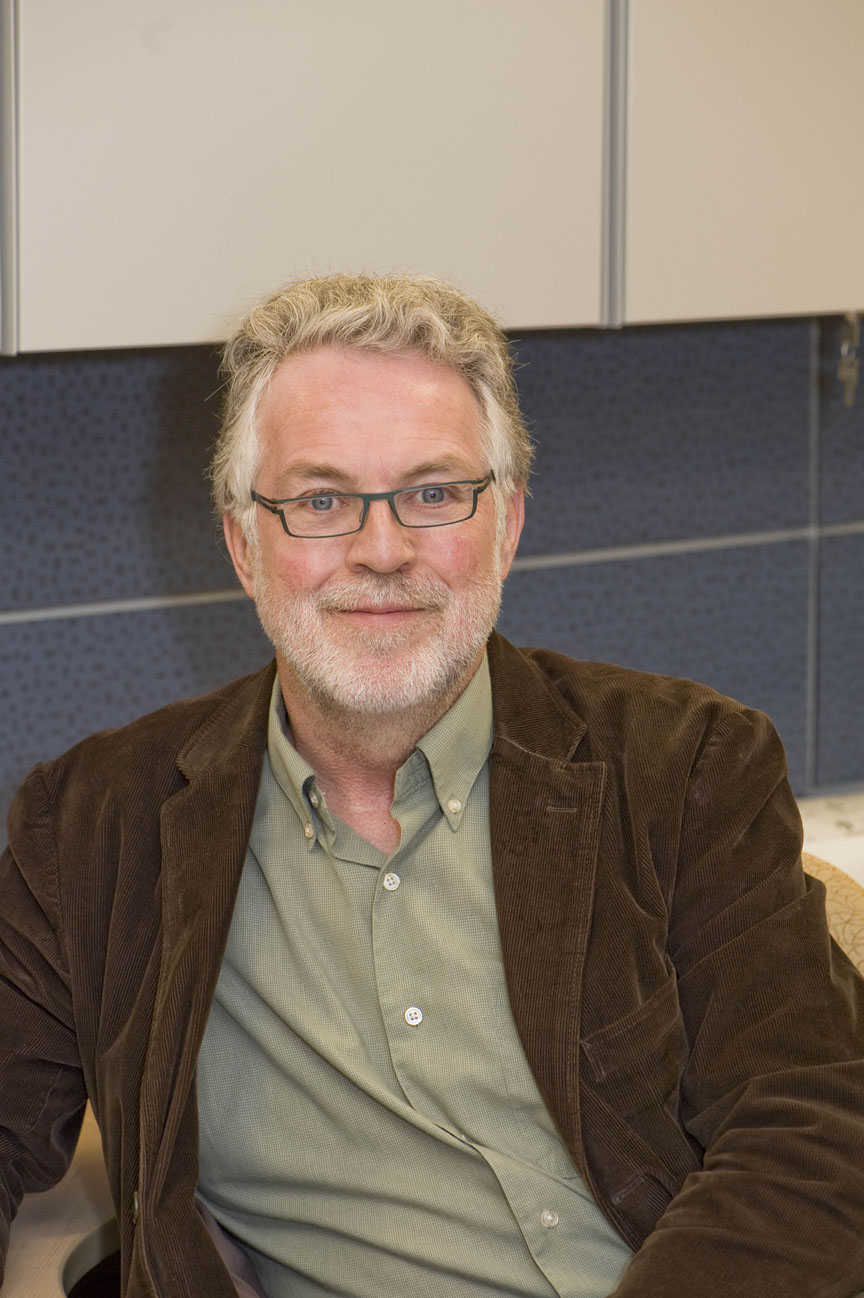Dr. Jamie Meuser
Role at the CentreHome-care doctor Year started at the Centre2005
| “Depressing?” Dr. Jamie Meuser looks surprised, tilts his head as he considers the question. “It’s frequently sad, but never once have I found this job depressing. I find it more consistently uplifting than depressing. There’s heroic stuff going on out there all the time that nobody knows about, and I get a chance to see it. You have to be a jaded guy not to be changed by that.” Dr. Meuser came to palliative care from 23 years in family medicine. “I always had some palliative patients,” he says, “and I did my best for those patients.” Nobody doubts it’s difficult, challenging work, on almost every level, but that’s the very thing that appealed to Dr. Meuser: “It’s real doctor stuff,” he says. Family medicine can be routine. Most patients have minor ailments. They are easily diagnosed and easily treated. “In some ways,” he says, “it doesn’t really matter who does it.” Palliative care is different. He has to use all his experience and knowledge to help his patients. For example, the physician’s ability to control his or her patients’ symptoms is a result of long experience and intensive research. “We now have a much more exact control over the pain patients suffer,” he says. “In palliative care, the doctor makes a difference. It really matters who does it.” You don’t have to talk to him for long to see he’s in the right place. “This is the best job I’ve ever had,” he says. “I like just about everything about it.” But the thing he picks out for special mention is the intensity of the relationship with his patients. Those things, he says, make the job possible. “There’s something special about going through this with patients,” he says. “It’s intense, profound, and a privilege to be allowed into the centre of their life in that way.” He rubs his chin thoughtfully. “It’s almost as if we’re hard wired for this experience as a species,” he says. “Our responses to the dying and to, say babies, seem to be very similar: we want to look after them – to care for them. It touches something important in all us. It seems to be naturally satisfying, and I’ve seen family members who have been changed by it.” |





